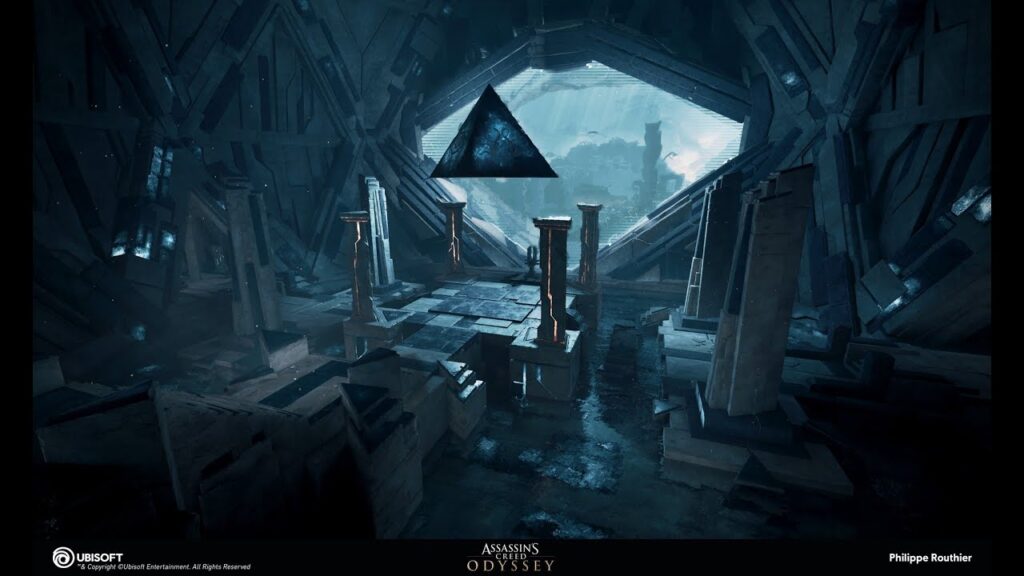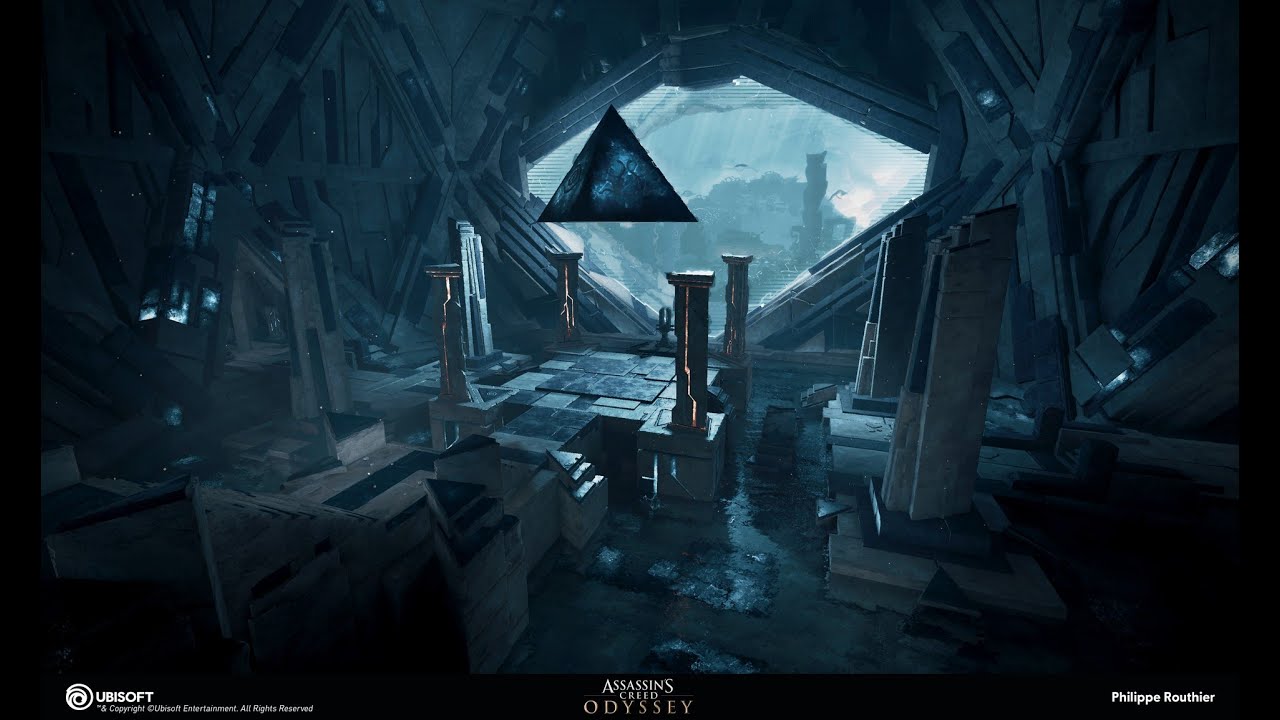
Unlocking the Mysteries of the Atlantis Portal: Myth, Legend, and Modern Exploration
The legend of Atlantis, a technologically advanced island civilization swallowed by the sea, has captivated imaginations for centuries. While many consider it a myth, the enduring allure of Atlantis has spurred countless expeditions and theories, including the intriguing concept of an “Atlantis Portal.” But what exactly *is* an Atlantis Portal, and is there any basis for its existence beyond the realm of fiction?
This article delves into the multifaceted nature of the Atlantis legend, examining its historical roots, exploring the various interpretations of the Atlantis Portal concept, and scrutinizing the scientific plausibility of such a phenomenon. We’ll navigate the murky waters between myth and reality, separating fact from fiction in our quest to understand the enduring mystery of Atlantis.
The Enduring Allure of Atlantis
The story of Atlantis originates with Plato, the ancient Greek philosopher. In his dialogues *Timaeus* and *Critias*, Plato describes Atlantis as a powerful naval civilization located “beyond the Pillars of Hercules” (generally believed to be the Strait of Gibraltar). He portrays Atlantis as possessing advanced technology and a sophisticated social structure before its sudden demise, supposedly due to a catastrophic earthquake and flood that submerged the entire island.
Plato’s account has been interpreted in various ways throughout history. Some believe it to be a literal historical account, while others view it as an allegory, a cautionary tale about hubris and the dangers of unchecked power. Regardless of its intended meaning, the story of Atlantis has inspired countless books, films, and expeditions, fueling the ongoing fascination with this lost civilization.
Defining the Atlantis Portal: Metaphysical and Scientific Interpretations
The term “Atlantis Portal” lacks a universally accepted definition. It exists primarily within the realms of speculative fiction, New Age spirituality, and fringe science. However, we can broadly categorize its interpretations into two main types:
- Metaphysical Interpretations: In this context, the Atlantis Portal is often conceived as a gateway or vortex connecting our world to other dimensions, realms, or timelines. It may be associated with heightened psychic abilities, spiritual enlightenment, or access to advanced Atlantean knowledge. Proponents of this view often believe that certain locations, particularly those with alleged Atlantean connections, possess inherent energetic properties that facilitate interdimensional travel or communication.
- Scientific Interpretations (Hypothetical): While lacking mainstream scientific support, some theories attempt to ground the Atlantis Portal concept in more tangible scientific principles. These interpretations often involve speculation about advanced Atlantean technology capable of manipulating space-time, creating wormholes, or harnessing unknown energy sources. However, it’s crucial to emphasize that these ideas remain highly speculative and lack empirical evidence.
Exploring Potential Locations: From the Azores to the Bermuda Triangle
Numerous locations around the world have been proposed as potential sites of Atlantis or, more specifically, locations associated with the Atlantis Portal. Some of the most frequently cited include:
- The Azores: This archipelago in the Atlantic Ocean, located west of Portugal, is a popular candidate. Some theories suggest that the Azores are the remnants of a larger landmass, potentially Atlantis. Geological features and submerged structures in the area have been interpreted by some as evidence of Atlantean civilization.
- The Bermuda Triangle: This infamous region in the western North Atlantic Ocean, known for unexplained disappearances of ships and aircraft, has also been linked to Atlantis and the concept of an Atlantis Portal. Some theories propose that Atlantean technology, malfunctioning or still active, is responsible for the anomalous events in the Bermuda Triangle.
- The Mediterranean Sea: Crete, Santorini, and other islands in the Mediterranean have been suggested as possible locations for Atlantis. The Minoan civilization, which flourished on Crete, possessed advanced technology and a sophisticated culture, leading some to speculate about a connection to Atlantis. The volcanic eruption on Santorini, which devastated the Minoan civilization, has also been cited as a potential trigger for the demise of Atlantis.
- The Bimini Road: This underwater rock formation near Bimini Island in the Bahamas has been interpreted by some as a paved road or wall constructed by an ancient civilization, possibly Atlantean. While geologists generally believe it to be a natural rock formation, the Bimini Road continues to fuel speculation about the existence of Atlantis in the region.
The Search for Evidence: Archaeological Findings and Scientific Investigations
Despite numerous expeditions and investigations, concrete evidence of Atlantis remains elusive. Archaeological findings in the aforementioned locations have yielded fascinating discoveries about ancient civilizations, but none have definitively proven the existence of Atlantis or an Atlantis Portal. Submerged structures and anomalous geological formations continue to be debated and interpreted through various lenses.
Scientific investigations, including sonar mapping, underwater exploration, and geological analysis, have provided valuable insights into the underwater environment. However, these investigations have not uncovered any irrefutable evidence of advanced Atlantean technology or interdimensional portals. The interpretation of existing data remains a subject of ongoing debate and speculation. [See also: Underwater Archaeology: Uncovering Lost Civilizations]
The Role of Myth and Imagination
While the scientific evidence for Atlantis and the Atlantis Portal remains lacking, the enduring appeal of the legend lies in its power to ignite our imaginations. The story of Atlantis serves as a reminder of the potential for both technological advancement and societal collapse. It encourages us to question our understanding of history, explore the unknown, and consider the possibilities that lie beyond our current comprehension.
The Atlantis Portal, as a concept, represents a yearning for something more – a connection to a lost world, access to hidden knowledge, or the potential for transformative experiences. Whether viewed as a literal possibility or a metaphorical representation of inner exploration, the Atlantis Portal continues to inspire curiosity and wonder.
Debunking the Myths: Critical Analysis and Skepticism
It is crucial to approach the topic of Atlantis and the Atlantis Portal with a critical and skeptical mindset. Many claims about Atlantis are based on unsubstantiated rumors, misinterpretations of historical texts, and pseudoscientific theories. It is essential to distinguish between factual evidence and speculative conjecture. While the allure of the unknown is undeniable, it is equally important to maintain intellectual rigor and adhere to established scientific principles.
Claims of advanced Atlantean technology, interdimensional portals, and psychic abilities associated with Atlantis should be scrutinized carefully. Extraordinary claims require extraordinary evidence, and the burden of proof lies with those making such assertions. [See also: The Importance of Critical Thinking in Archaeology]
The Atlantis Portal in Popular Culture
The concept of the Atlantis Portal has permeated popular culture, appearing in numerous books, films, television shows, and video games. These fictional portrayals often depict the Atlantis Portal as a gateway to other worlds, a source of unimaginable power, or a key to unlocking the secrets of the universe. While these depictions are purely fictional, they contribute to the ongoing fascination with Atlantis and its associated mysteries.
From Stargate Atlantis to various incarnations of Aquaman, the Atlantis Portal serves as a plot device, a symbol of adventure, and a reflection of our collective desire to explore the unknown. These fictional narratives, while entertaining, should not be mistaken for factual accounts.
Conclusion: The Enduring Mystery of the Atlantis Portal
The Atlantis Portal remains a captivating enigma, a blend of myth, legend, and speculative science. While concrete evidence of its existence remains elusive, the enduring allure of Atlantis continues to inspire exploration, investigation, and imaginative storytelling. Whether viewed as a literal possibility or a metaphorical representation of human potential, the Atlantis Portal serves as a reminder of the power of myth and the enduring quest to unravel the mysteries of our world and beyond.
The search for Atlantis, and by extension the Atlantis Portal, is ultimately a search for ourselves – a reflection of our hopes, fears, and aspirations. It is a journey into the unknown, fueled by curiosity, wonder, and the unwavering belief that there is more to the world than meets the eye. The mystery of the **Atlantis Portal** may never be definitively solved, but the pursuit of knowledge and understanding will continue to drive us forward.
Further research into ancient civilizations, underwater archaeology, and geological formations may one day shed new light on the legend of Atlantis and the possibility of an **Atlantis Portal**. Until then, the story of the **Atlantis Portal** will continue to inspire and intrigue, reminding us of the enduring power of myth and the boundless potential of the human imagination. The concept of an **Atlantis Portal** sparks debate, with some dismissing it as pure fantasy, while others see it as a potential key to unlocking hidden knowledge. The allure of the **Atlantis Portal** lies in its promise of accessing lost technologies and understanding the secrets of a vanished civilization. Could the **Atlantis Portal** be a gateway to other dimensions, or is it simply a metaphor for the untapped potential within ourselves? The search for the **Atlantis Portal** continues to captivate researchers and dreamers alike. The idea of an **Atlantis Portal** often features in science fiction and fantasy literature, fueling the public’s imagination. Even if the **Atlantis Portal** is just a myth, it serves as a powerful reminder of the mysteries that still lie hidden beneath the waves. The **Atlantis Portal** is a symbol of the unknown, prompting us to question our understanding of history and explore the possibilities that lie beyond our current comprehension. The legend of the **Atlantis Portal** has inspired countless expeditions, each hoping to uncover evidence of this mythical gateway. The very notion of an **Atlantis Portal** raises profound questions about the nature of reality and the limits of human knowledge. Whether the **Atlantis Portal** is real or not, its enduring appeal speaks to our innate desire to explore the unknown. The story of the **Atlantis Portal** is a testament to the power of myth and its ability to shape our perceptions of the world. The **Atlantis Portal** concept, though often dismissed, continues to fuel speculation about advanced ancient technologies. The mystery surrounding the **Atlantis Portal** contributes to the ongoing fascination with the lost city of Atlantis. The enduring question remains: is the **Atlantis Portal** a figment of our imagination, or a hidden reality waiting to be discovered? Perhaps one day, the secrets of the **Atlantis Portal** will finally be revealed.

